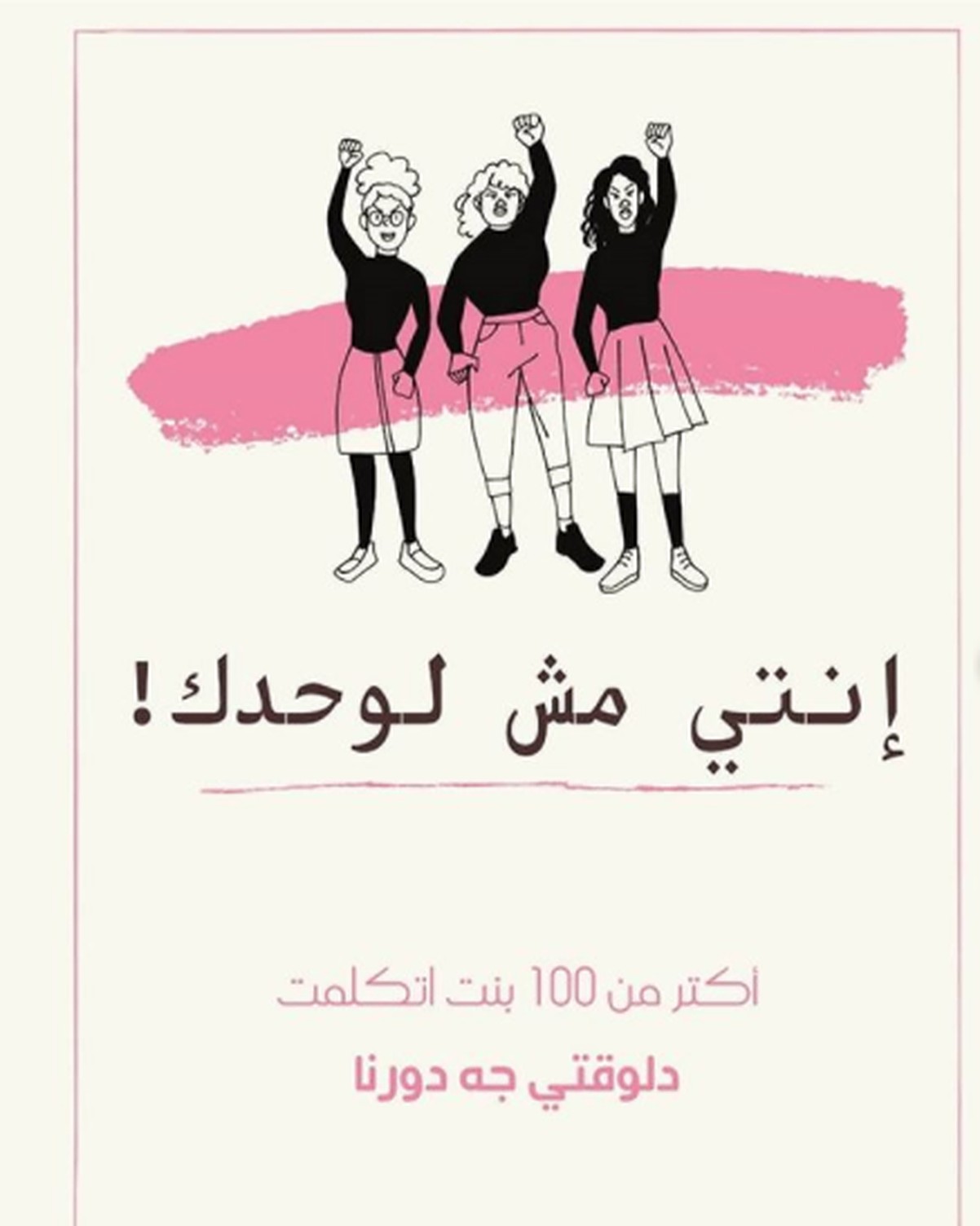
Egyptian female students at the Higher Institute of Cinema conducted a survey over the past two weeks on sexual harassment at the institute, revealing that 56.7% of 157 students suffered from sexual harassment.
According to the survey, 30.9% were subjected to online harassment, while 63.9% were subjected to verbal harassment and other forms of non-verbal sexual harassment on campus and outside campus.
The students set up the Instagram page (@womenofcinemainstitute) to raise awareness and share the 146 responses that were received in less than a week. On July 23, they created a petition to call for an anti-harassment policy at the institute that guarantees their rights.
The hashtag “#حق_طالبات_معهد_السينما” (The Rights of Female Students at the Cinema Institute) also began circulating on Twitter for the past few days to call for change.
https://www.instagram.com/p/CDBFWSihhEd/
According to a statement, the young women are calling for: the implementation of a compulsory code of conduct for students and faculty members, commitment to a clearly defined definition of sexual harassment and gender-based violence, the establishment of safe channels to report incidents, a push by the institute to encourage all individuals to report and demonstrate its willingness to take decisive action, a system that reacts promptly to reports of prohibited conduct and ensures disciplinary action, and heightened awareness about sexual harassment, including its consequences.
In response, Dr. Enas Abdel Dayem, Minister of Culture, and Dr. Ashraf Zaki, head of the Academy of Arts, addressed the accusations and announced that investigations will take place, affirming in a statement that the academy is in full readiness to receive any complaint and that it would protect the confidentiality and privacy of all survivors during investigation.
Egypt’s National Council for Women, headed by Dr. Maya Morsy, released a statement commending Dr. Enas Abdel Dayem and Dr. Ashraf Zaki’s timely response to the complaints of students of the Higher Institute of Cinema. “All institutions should follow the example of the Academy of Arts in taking such steps, which is worthy of respect and appreciation to help protect Egyptian girls from sexual harassment,” the statement read.
Dr. Maya Morsi also called on all girls and women who have been subjected to any form of harassment to report their cases in order for institutions to take the necessary legal measures.
Since the beginning of July, there has been a wave exposure of sexual predators on Egyptian social media, following the case of Ahmed Bassam Zaki who was accused of rape, sexual assault and sexual harassment of more than 50 Egyptian and foreign women.
After Zaki’s arrest, Egypt’s Prime Minister Mostafa Madbouly approved a legislative amendment in the criminal code to protect the identities of victims of harassment, rape and assault during court cases.
The amendment enables prosecutors to conceal the data of victims coming forward with their reports in order to protect them from possible retribution from perpetrators or external parties.
The decision was praised by many, including the National Council of Women, with hopes that it will encourage more victims of sexual crimes to expose sexual predators.
Most recently, Egypt’s Coptic Orthodox Church’s spokesperson announced that Pope Tawadros II has decided to defrock priest Rewiess Aziz Khalil, following allegations of sexual abuse and paedophilia.








Comment (1)
[…] Egyptian Female Students at Higher Institute of Cinema Speak Out Against Sexual Harassment […]